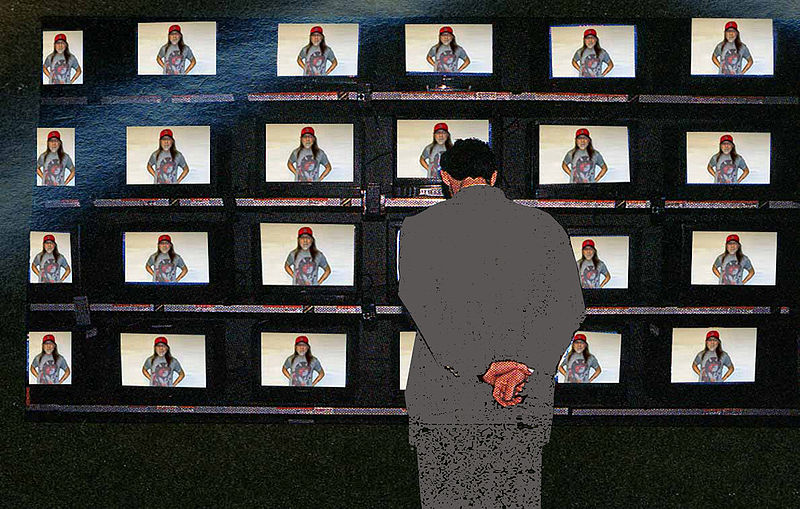“With An Increasing Number Of Channels On Which To Deliver Information, There Would Be More And More Preaching To The Choir”
April 14, 2013 in Excerpts, Politics, Science/Tech, Urban Studies | Permalink
From a post at the great Paleofuture blog which recalls a 1969 prediction about the polarizing potential of narrowcasting, a term that had yet to be coined:
“Imagine a world where the only media you consume serves to reinforce your particular set of steadfast political beliefs. Sounds like a pretty far-out dystopia, right? Well, in 1969, Internet pioneer Paul Baran predicted just that.
In a paper titled “On the Impact of the New Communications Media Upon Social Values,” Baran (who passed away in 2011) looked at how Americans might be affected by the media landscape of tomorrow. The paper examined everything from the role of media technology in the classroom to the social effects of the portable telephone — a device not yet in existence that he predicted as having the potential to disrupt our lives immensely with unwanted calls at inopportune times.
Perhaps most interestingly, Baran also anticipated the political polarization of American media; the kind of polarization that media scholars here in the 21st century are desperately trying to better understand.
Baran understood that with an increasing number of channels on which to deliver information, there would be more and more preaching to the choir, as it were. Which is to say, that when people of the future find a newspaper or TV network or blog (which obviously wasn’t a thing yet) that perfectly fits their ideology and continuously tells them that their beliefs are correct, Americans will see little reason to communicate meaningfully with others who don’t share those beliefs.”
Tags: Paul Baran
Subscribe to my free Substack newsletter, "Books I Read This Month." It's published on the final day of each month. Some new titles, some older, some rare.
Categories
About
Afflictor.com is the website of Darren D’Addario. Except where otherwise noted, all writing is his copyrighted material. ©2009-18.

